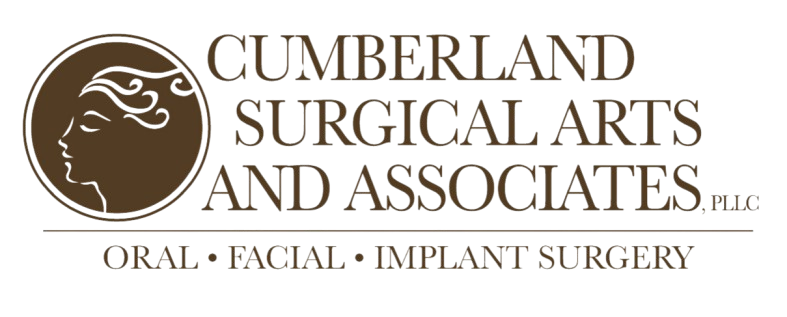“Safety comes first” is not just a saying at Cumberland Surgical Arts. It is the basis under which we practice. We understand there’s a lot to cover when choosing a provider for your dental procedure. On your list of requirements, safety is at the very top.
Bedside manner, training, education, and skills are incredibly important – but what you want most is to feel safe. We want you to leave our office thinking, “wow, that was great!” and not be left worrying about a possible infection.
Below are just a few of the ways Cumberland Surgical Arts works to keep you safe during your surgical procedure.
We are meticulous about hand hygiene
The CDC division of oral health has a lot to say about routine hand washing. It is the most basic, yet most effective, practice in infection control when practiced at the right time in the right way. When visiting your provider, it’s important to see them wash their hands before putting gloves on for your examination or procedure and after removing their gloves. At our office, in addition to soap and water, we also provide an alcohol hand rub station outside of our procedure room to reduce bacteria on hands. Our staff is trained on proper hand hygiene technique regularly. At Cumberland Surgical Arts, we take hand hygiene seriously and make it a part of our routine for every patient.
For us, standard precautions are our most valuable precautions
“Standard precautions” is a concept that has been used for decades to cover what every healthcare practice should be doing as part of their day-to-day operations. Specifically, standard precautions include hand washing, using personal protective equipment like gloves, masks, and eyewear, and safely handling patient-care tools. All of these small efforts add up to prevent disease transmission – and at Cumberland Surgical Arts we treat these small tasks with the care and attention they deserve. Each effort alone, or added up, affects your overall safety.
Engineering controls are in place to help us maintain our standards
“CDC considers engineering controls to be the healthcare professional’s primary means of preventing or reducing exposure to blood and body fluids.” Engineering controls really mean using technology to reduce the chance of patient injury and disease transmission versus relying solely on the providers’ skills. Examples of engineering controls would be automatic instrument cleaners or using instrument containers to minimize the providers' and assistants’ direct contact with contaminated instruments. We rely on technologies wherever possible to help us in our mission to keep disease and infection out of the procedure rooms and far away from you.
Cumberland Surgical Arts practices with a comprehensive infection-control program
We work under a comprehensive infection control program that not only directs our staff’s practices, but all the tasks related to your experience. From the steps our janitorial staff takes to ensure a clean facility to the regular monitoring of our water supply used in your care, every procedure performed has been carefully scrutinized to limit the risk of infection. An infection-control program is a must-have for several reasons. First, outlining the procedures helps the providers identify opportunities within their processes to reduce the risk of infection. Second, the plan can act as a guide for new staff to understand best safety practices. Third, and most importantly, patients are better protected when an infection-control program is in place.
When it comes to your health, you can never be too safe. At Cumberland Surgical Arts, we are happy to walk you through our best practices for safety and explain what else we do to provide you with the safest experience possible. Click here to schedule a consultation with Dr. Lee or Dr. DeFelice.
Locations
2285 Rudolphtown Rd Suite 200, Clarksville, TN 37043
Phone: (931) 552-3292
Email: cumberlandsurgicalarts@gmail.com
- MON - FRI8:00 am - 4:30 pm
- SAT - SUNClosed
- MON - TUE8:00 am - 4:30 pm
- WEDClosed
- THU8:00 am - 4:30 pm
- FRI - SUNClosed
- MON - TUEClosed
- WED8:00 am - 2:00 pm
- THU - SUNClosed









